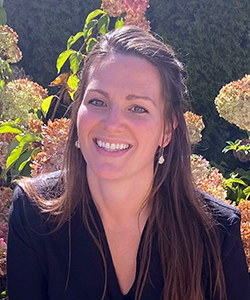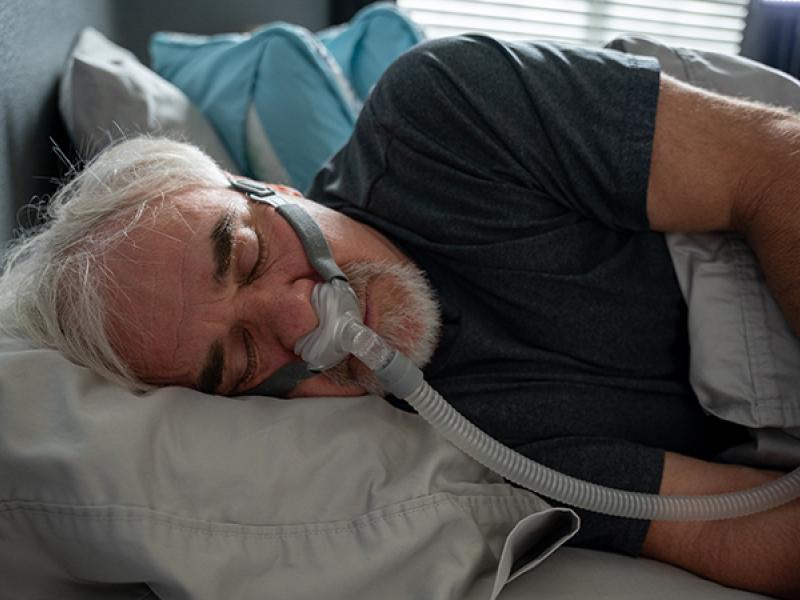
More than half of young adults at risk for alcohol-related harm report symptoms of insomnia. Cognitive behavioral therapy (CBT) is one of the first-line treatments for insomnia, but it’s never been tested on young adults who are actively drinking.
Researchers from the University of Missouri School of Medicine conducted a pilot study to evaluate CBT’s effect on young adult binge drinkers with insomnia to determine if this treatment can improve their sleep and potentially affect alcohol use outcomes.

“The potential for insomnia treatment to influence alcohol-related consequences has significant implications for the prevention and treatment of alcohol use among young adults,” said Mary Beth Miller, PhD, assistant professor of clinical psychiatry at the MU School of Medicine. “Given the stigma associated with mental health issues and addiction, it’s crucial to identify other forms of treatment that either influence alcohol outcomes or open the door to alcohol-related treatment.”
Miller tested CBT in a pilot study of 56 people between 18 and 30 years old who reported at least one binge-drinking episode in the past month. Binge drinking was defined as four or more drinks in one occasion. Participants were randomly assigned to either five weekly sessions of CBT — a behavioral therapy program that focuses on changing patterns of thinking and behavior — or a single session on sleep hygiene, which focuses on creating optimal sleeping conditions and establishing a bedtime routine. The CBT session topics included sleep hygiene, sleep restriction, relaxation techniques, behavioral experiments, insomnia prevention discussions and sleep diary use. All participants wore wrist devices to objectively measure sleep and completed subjective daily sleep and drinking surveys.
Results showed CBT participants reported a 56% reduction in insomnia severity, compared to a 32% reduction in symptoms for those who completed only the sleep hygiene session. The CBT participants also showed moderate improvement in objectively assessed sleep efficiency after treatment compared to the sleep hygiene participants. Both groups reduced their drinks per week and alcohol-related consequences after treatment. However, CBT participants reported greater improvements in insomnia, which in turn were associated with reductions in alcohol-related problems.
“The results of this study indicate that insomnia treatment may improve alcohol-related problems, and therefore, may be an ideal first step toward treatment among binge-drinking young adults with insomnia,” Miller said.
Miller believes the data collected in this study warrants a larger sample size study looking at alcohol-related problems as a primary outcome. She plans to determine if insomnia treatment improves executive function and the ability to regulate emotions, which in turn might decrease risk for alcohol-related problems.
In addition to Miller, the study authors include MU School of Medicine colleagues Christina McCrae, PhD, professor of psychiatry; Pradeep Sahota, MD, associate professor and chair of neurology; Chelsea Deroche, PhD, assistant professor of biostatistics and research design; and Nicole Hall, lab manager and project coordinator in psychiatry.
The study, “Cognitive Behavioral Therapy for Insomnia among Young Adults Who are Actively Drinking: A Randomized Pilot Trial,” was recently published in the Sleep Research Society journal. Research reported in this publication was supported by funding from the University of Missouri System Research Board Office, the National Institute on Alcohol Abuse and Alcoholism and the Department of Defense. The authors of the study declare that they have no conflicts of interest related to this study. The content is solely the responsibility of the authors and does not necessarily represent the views of the funding agencies.





